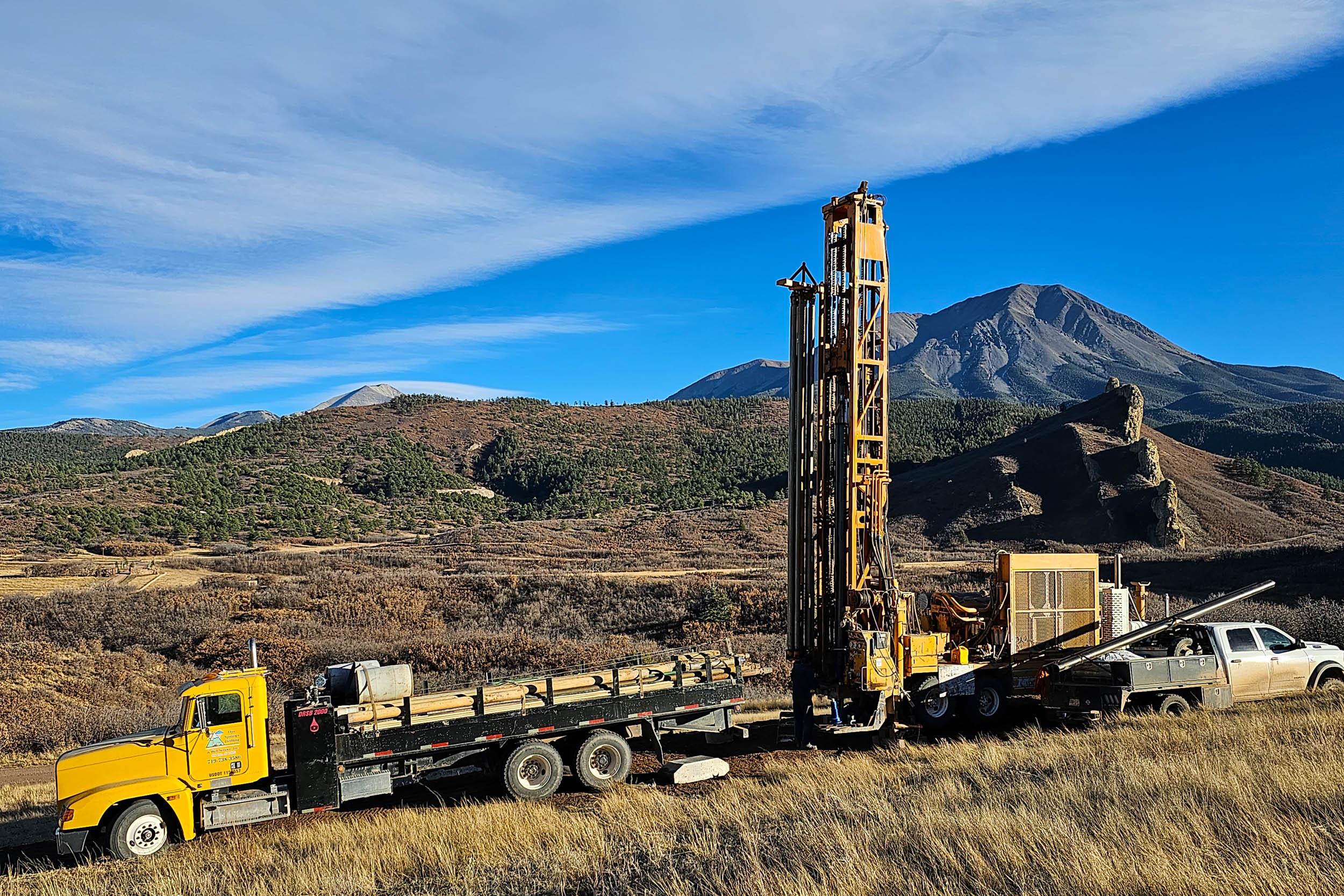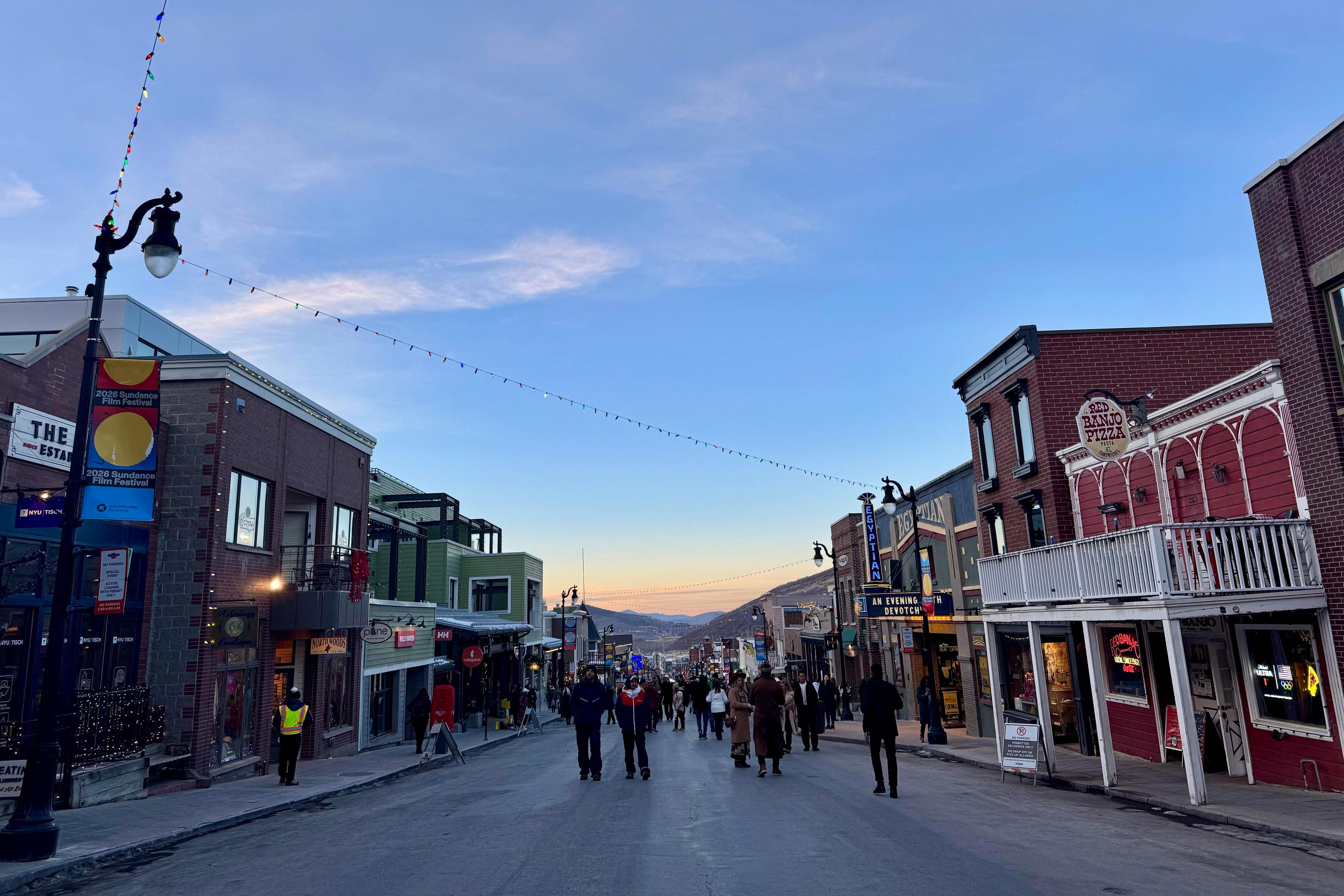
Tens of thousands of homes in southeastern Colorado draw water from private wells. They tap into aquifers stressed by drought and growing demand, like in the Denver Basin or San Luis Valley. But the state doesn't manage residential wells the way you might expect.
KRCC’s Shanna Lewis spoke with Colorado Division of Water Resources deputy state engineer Sarah Brucker to find out more about how permits for private residential wells are allocated and managed.
This conversation has been edited for length and clarity.
Shanna Lewis: Wells on lots that are less than 35 acres in size are likely to be designated for indoor use only. That means no watering a garden or washing a car?
Sarah Brucker: In-house use only well permits are intended that the water is only used inside the home for drinking and sanitary purposes and not used outside of the home for any purpose, as minimal as it may seem. So watering a flower pot on your front porch technically would not be allowed with an in-house use only well permit.
We don't regulate outside spigots. Obviously, if there's an encroaching wildfire or your house is on fire, even if you have an in-house use only well permit, we're certainly not going to go after someone for protecting their home and their property in those types of circumstances.
Lewis: What about the so-called domestic wells on the 35-acre or larger lots. How can that water be used?
Brucker: Typically a well permit issued for a parcel of 35 acres or more would allow use in up to three single family homes, irrigation of up to one acre of home lawn and garden and the watering of domestic animals and livestock.
Lewis: How are limitations on private residential water wells enforced?
Brucker: That can be a challenge. Most of the time we get complaints from the neighbors, which we do follow up on. A lot of people move from a city where they had a tap and never really thought about their water supply and don't realize that there's limitations on the allowed uses. So we start out with education and information and let people know that there are restrictions, why these restrictions are in place because they are living in an arid climate. There is a limited water supply and in order to make sure that there's enough water to go around for everyone. You aren't able to do all of the things with your well that you might want to do.
Lewis: You sometimes hear about wells going dry in some areas. Does the state have any way of sort of monitoring or controlling or dealing with that?
Brucker: We don't specifically keep track of dry when wells go dry. Typically we would get a replacement permit application if someone's well goes dry. So we can kind of see trends that way, but we don't specifically get a notification when a well goes dry. Replacement permits can be one piece of information, but someone might be replacing a well for a different reason other than the well going dry. So, it's not definitive, but we can kind of see trends in certain areas if we're suddenly getting a lot of replacement permits in an area.
We also have a way of tracking dry holes. So, if the well is constructed and they don't hit water, we are now collecting that information. We just implemented that recently, so we do not have a good existing database of those wells, but going forward, we should be able to start seeing some trends from that data.
Lewis: If somebody applies for a new well permit in an area where other wells have been going dry, would they be notified in any way or is it up to them to find out what the situation is?
Brucker: We have resources, for example a mapping tool on our website. Well permits that we've issued are available online. So if someone is concerned about that or they're looking to buy a property in an area and they want to do some research, they can look at our mapping system or contact our office and we'll try and take a look and see what we can determine. But for the most part it is up to the property owner to evaluate.
We issue a well permit, but we don't guarantee that you're going to find water. We also don't provide you any information about where the best place or most likely place to drill on the property to find water is. A lot of drillers will be able to provide that kind of on the ground support. But even if a driller says this seems like the best most likely location, they're not going to guarantee that you're going to hit water or that it's going to be a sufficient supply to support your needs.
Lewis: Are there state limitations on how many residential wells can be drilled in some areas?
Brucker: State statute does not have any considerations for well density. So our office does not have any specific limitation on numbers, but county planning and zoning can potentially implement restrictions on that. Certain counties have a minimum lot size in order to construct a well on a property which helps with that density, but that would be through the county planning process and building permit applications.
Lewis: Does applying for a well permit mean you’ll automatically get one?
Brucker: We do an evaluation. It depends on a number of factors. There are various factors that could prevent the issuance of a well permit for a property. The statute does require that the lot meet certain qualifications.
If they're in an area where a municipality or water district is capable of providing a tap, they would need to get permission from the municipality or the water supplier in order to not be served by their system and drill their own well on their own property.
There are groundwater management districts within many of the designated basins that can impose additional rules on well permits. Some management districts have set limits on specific aquifers. They can set some additional limitations and restrictions as conservation measures to make sure that groundwater supply lasts.
There also might be situations where someone previously claimed all the water in the aquifers underlying the property and did not deed that to the current land owner and kept the water rights for themselves. There may not be water that's unallocated available for that homeowner to actually drill a well and withdraw water.
(It's worth noting that lots in subdivisions created after June 1, 1972 are subject to specific rules regarding well permits.)
- Many people on the Front Range depend on water from the Denver Basin. But the underground supply isn't infinite
- Finding underground water from 100 feet up in the air: How aerial sensing systems chart El Paso County's natural resources
- Study offering free well testing for homeowners in Otero, Bent, Prowers and Kiowa counties for certain contaminants
- Progress on a 70-year-old promise to pipe clean drinking water to southeastern Colorado








